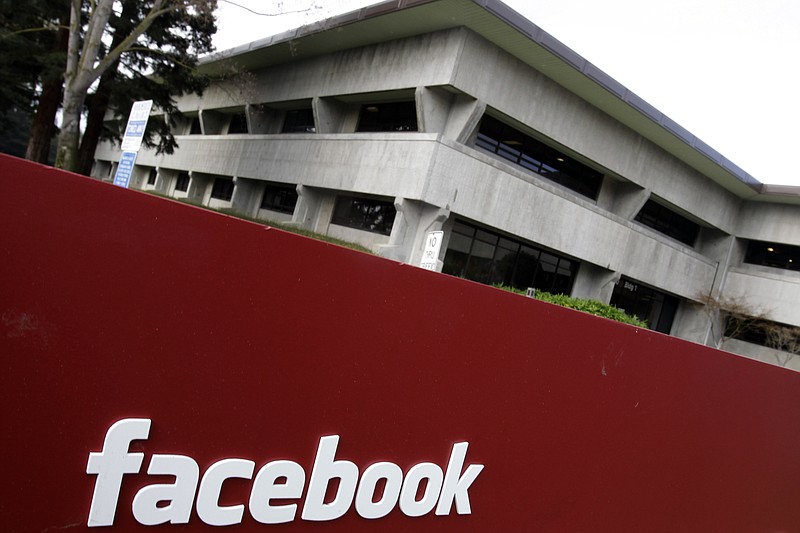ANNAPOLIS, Md. -- Attorneys in a federal court challenge to Maryland's first-in-the-nation digital-ad tax argued Thursday about whether the law is a tax or an unconstitutional penalty targeting big technology companies.
Attorneys for the state of Maryland and a lawyer representing Big Tech gave arguments in a virtual hearing before U.S. District Judge Lydia Kay Griggsby in a case that is being closely watched by other states that are also considering a tax for online ads.
Julia Bernhardt, a Maryland assistant attorney general, defended the law as a legitimate revenue-raising measure approved by the state Legislature to raise money for education. Supporters have described it as a necessary step to modernize the state's tax system.
"It's not a penalty, and it's not a regulatory fee," Bernhardt said of the law, adding: "It benefits the entire public, and that's the most important factor."
The law was approved by Democrats who control the legislature, over the veto of Republican Gov. Larry Hogan, to raise an estimated $250 million a year to help pay for a sweeping K-12 education measure to expand early childhood education, increase teacher salaries, boost college and career readiness, and help struggling schools. The law was challenged in U.S. District Court in Maryland just days after the veto override last year.
The law would tax revenue the affected companies make on digital advertisements shown in Maryland. The tax rate would be 2.5% for businesses with gross annual revenue of $100 million; 5% for companies with revenue of $1 billion or more; 7.5% for companies with revenue of $5 billion or more; and 10% for companies with revenue of $15 billion or more.
Attorneys representing the U.S. Chamber of Commerce, the Internet Association, NetChoice and the Computer and Communications Industry Association are challenging the law. They say it violates the federal Internet Tax Freedom Act, which prohibits discrimination against electronic commerce, as well as other federal laws.
Michael Kimberly, who is representing the plaintiffs, argued the law is narrowly tailored, punitive and "extraordinarily burdensome." He said it was specifically designed to have the biggest impact on companies like Facebook, Google and Amazon.
Kimberly cited criticism from Maryland lawmakers who have accused Big Tech of spreading disinformation and hate speech as an indication that the legislation had a punitive intent. He also noted a follow-up bill lawmakers approved last year that exempted broadcasting companies and news organizations.
"The explanation is clear in the legislative history," Kimberly said. "It's because they were not the companies that lawmakers understood to be engaged in reprehensible conduct."
He told the judge that the takeaway message was that it's OK to be in the business of selling digital advertising if you are a small company and you don't have too much influence.
"It's also OK to be in this business if you're a broadcasting company or a news organization, but if you're Big Tech, it's not OK, and once you have outsize influence, you spread hate speech, we're going to punish you for it," Kimberly said. "That is clear in every element of this law."
When the judge questioned where that language could be found, Kimberly said it was part of the legislative history and comments made by the sponsor of the digital-ad-tax legislation, Maryland Senate President Bill Ferguson.

